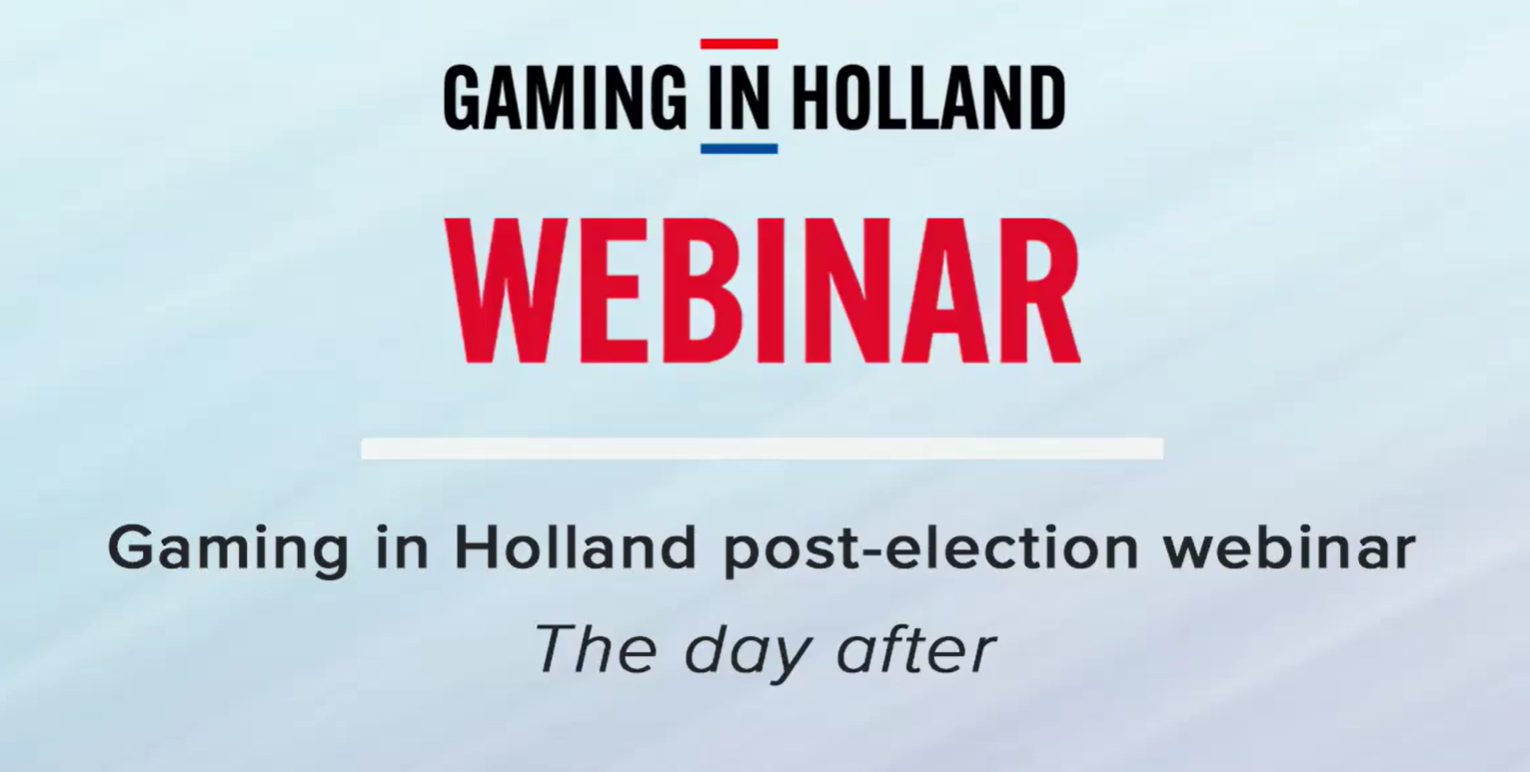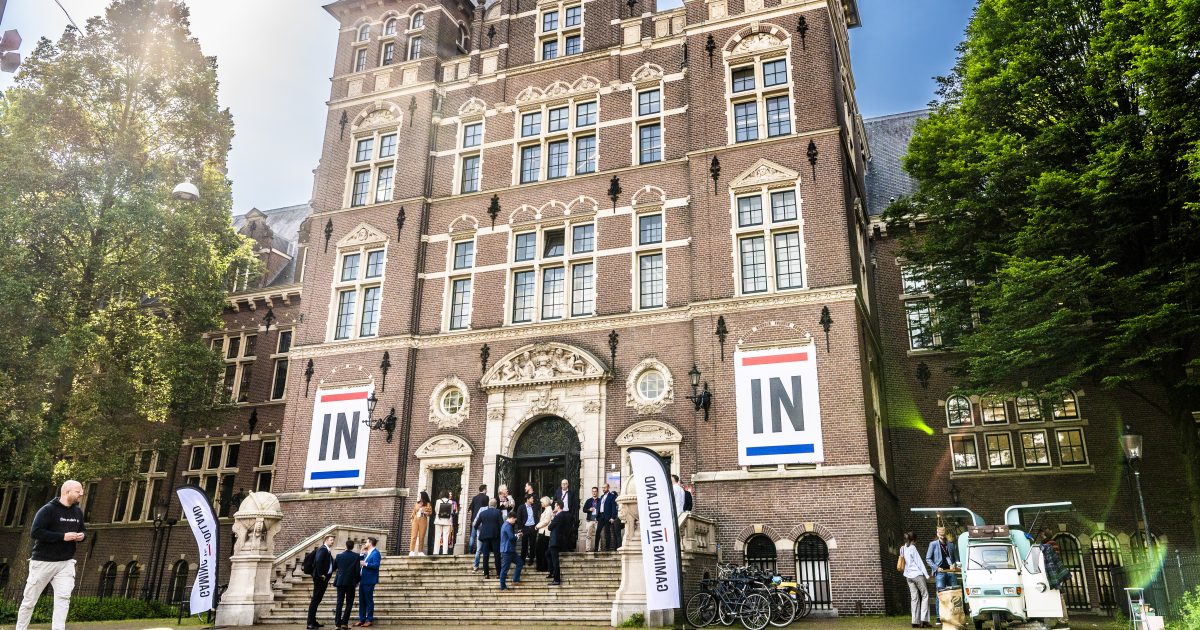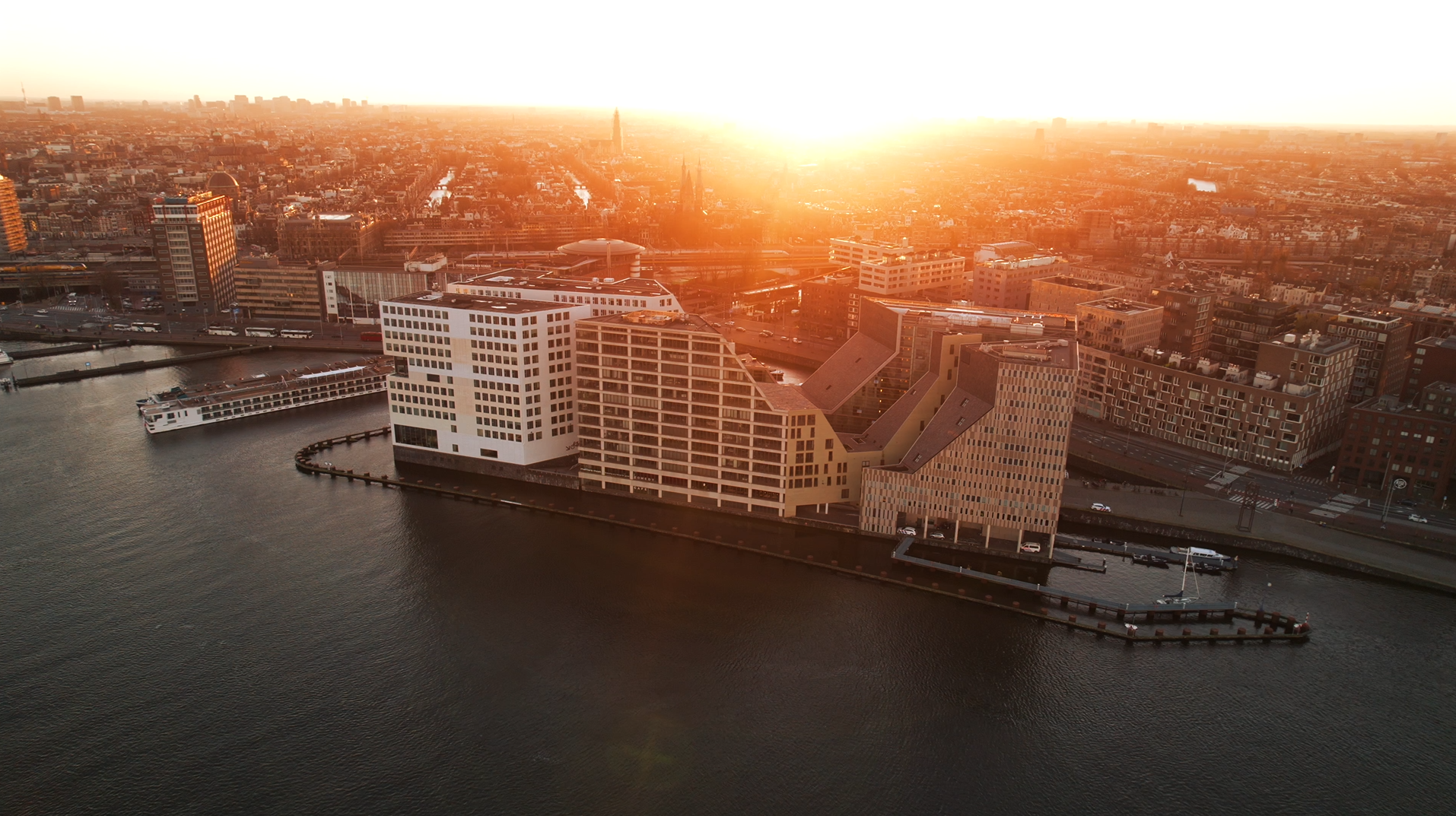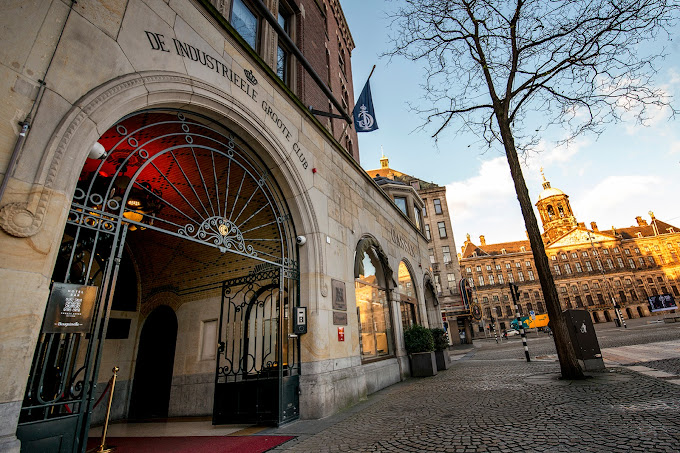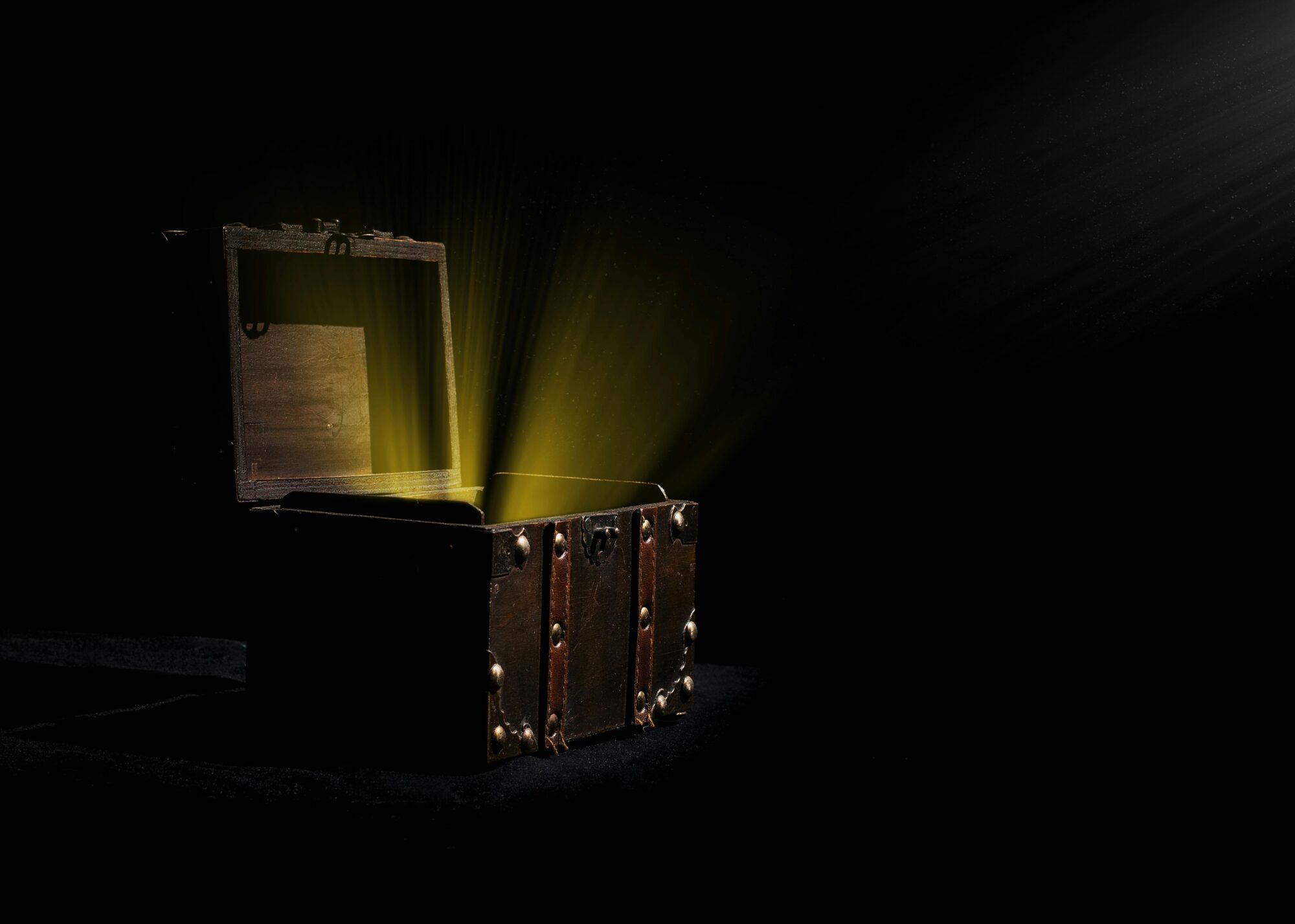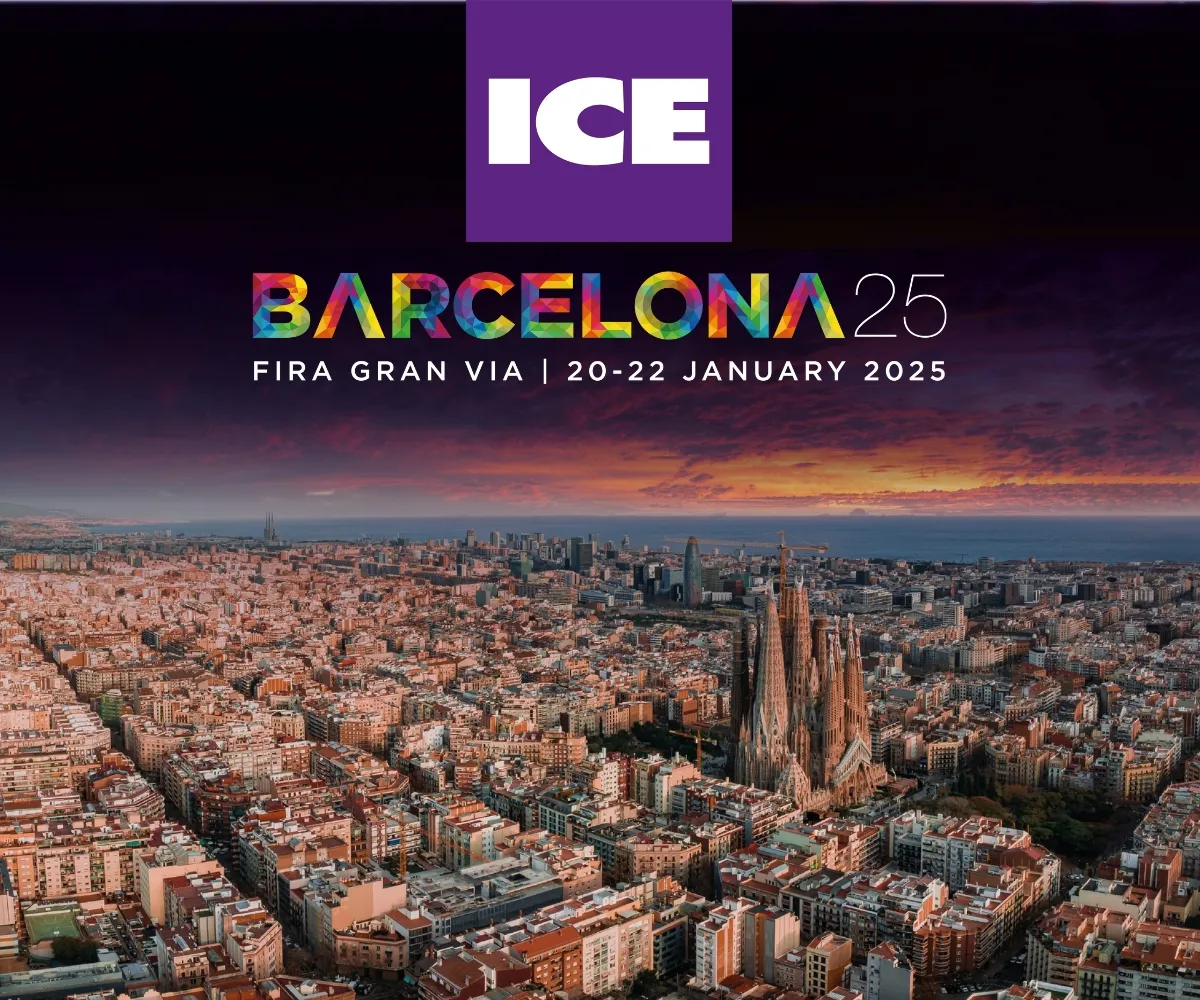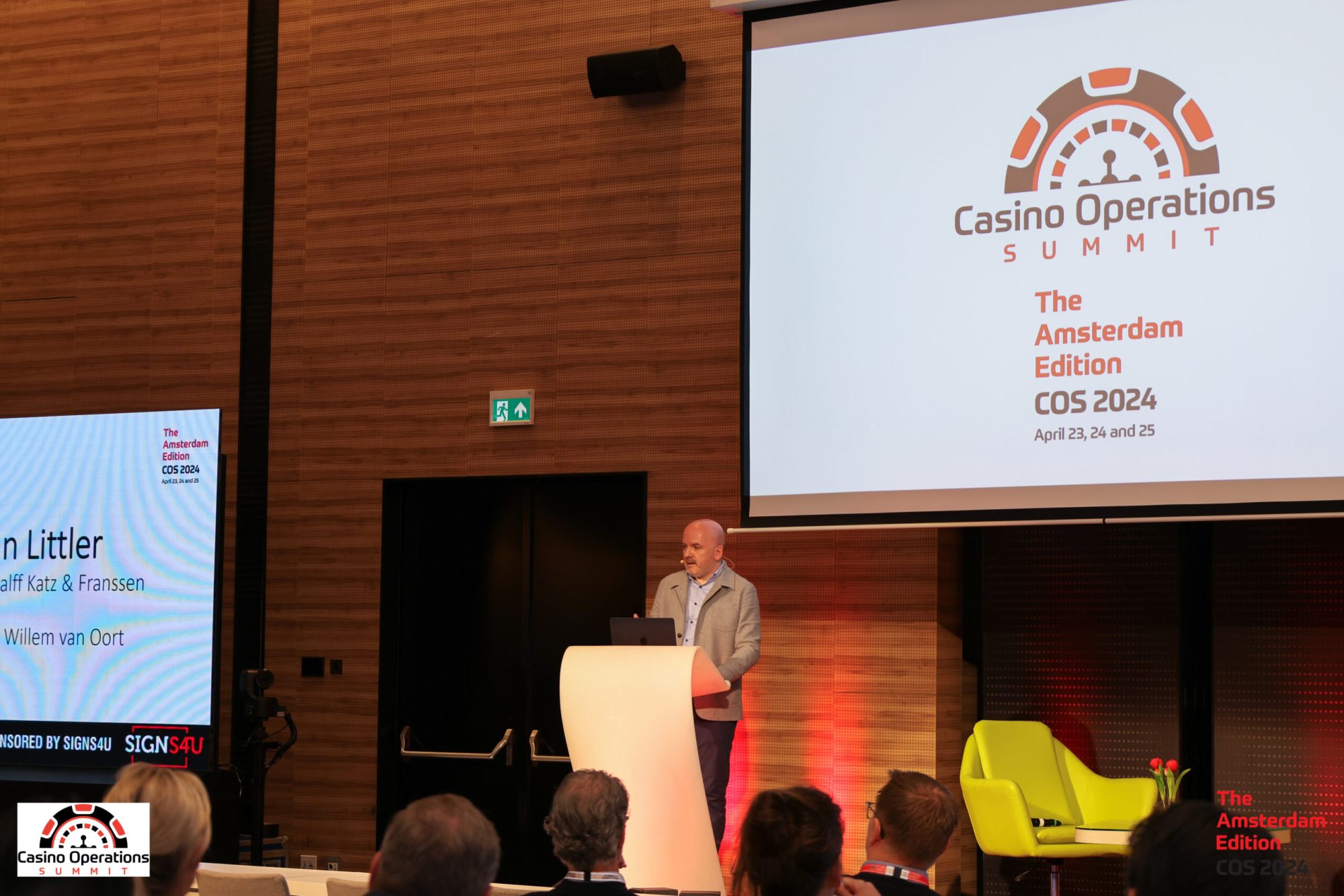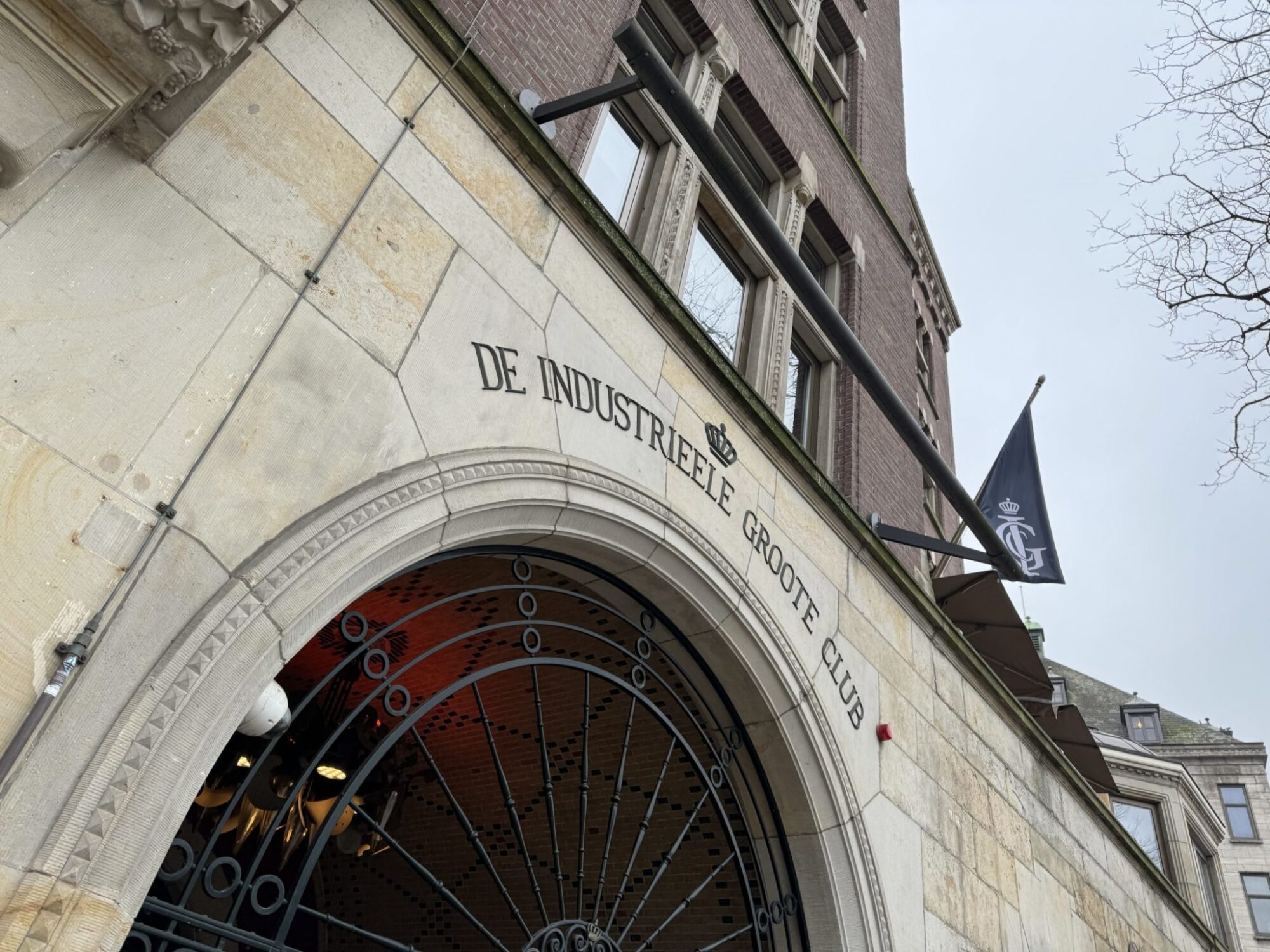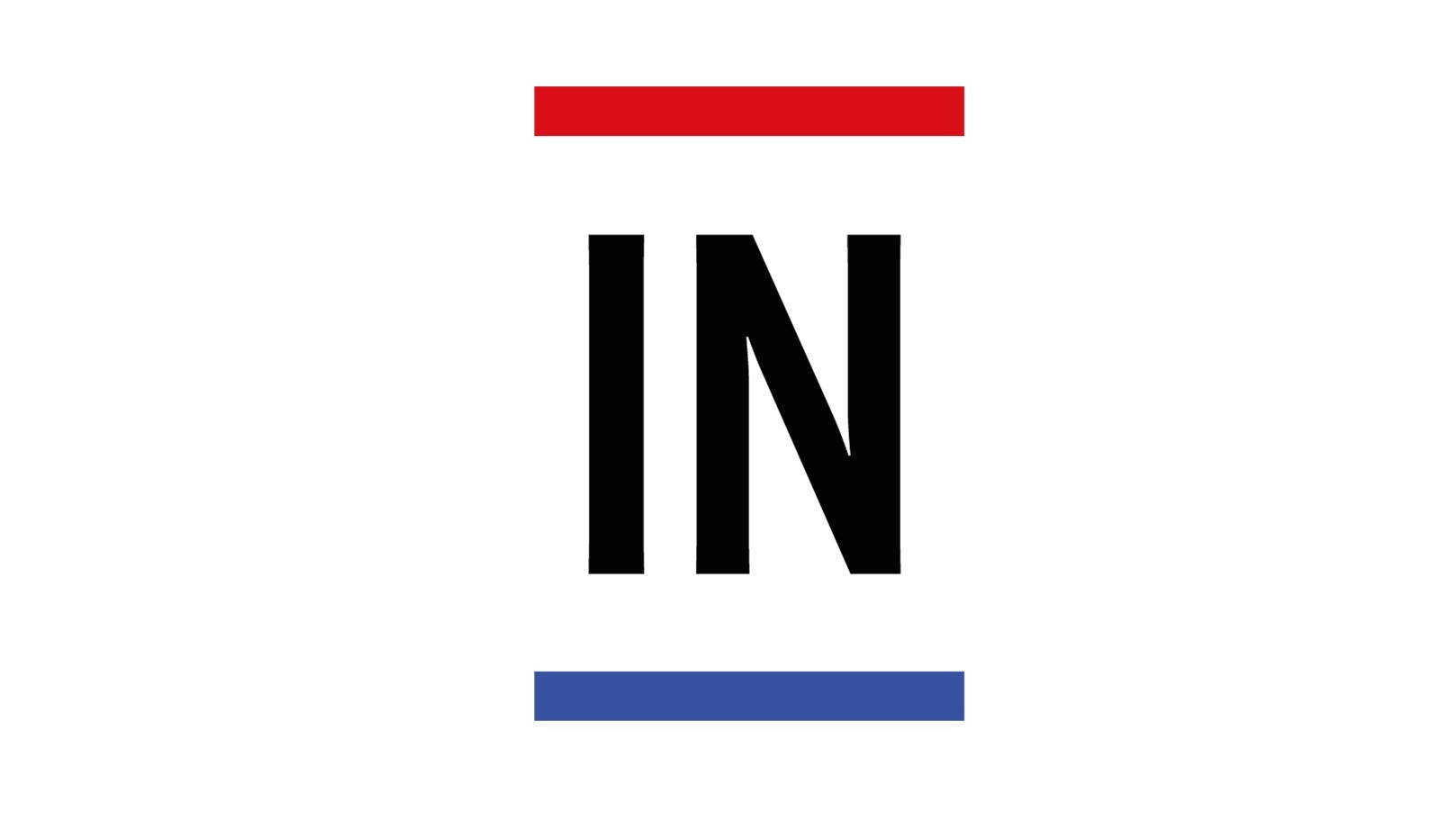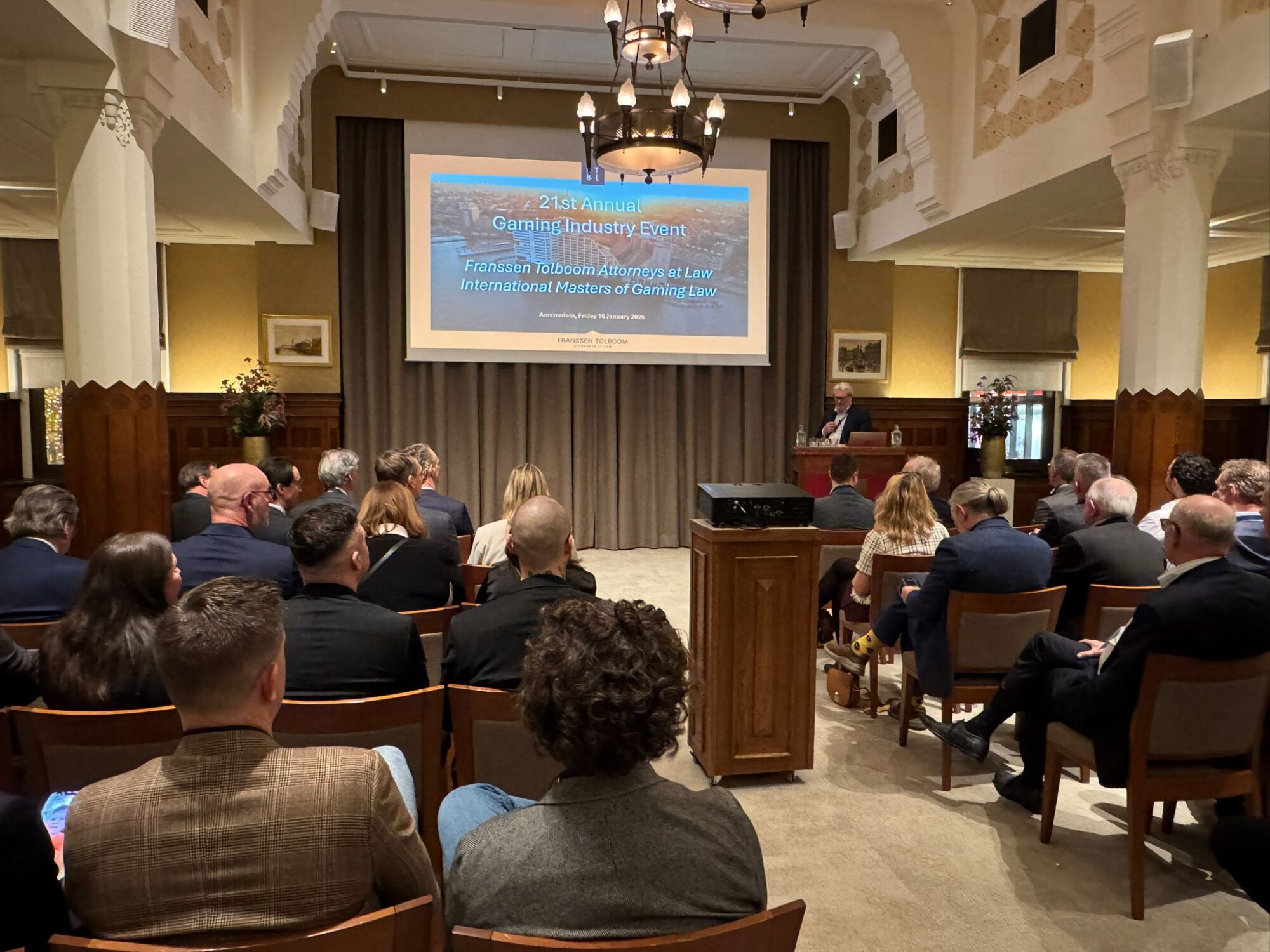
Acquiring a gambling licence: Conditions and Pitfalls
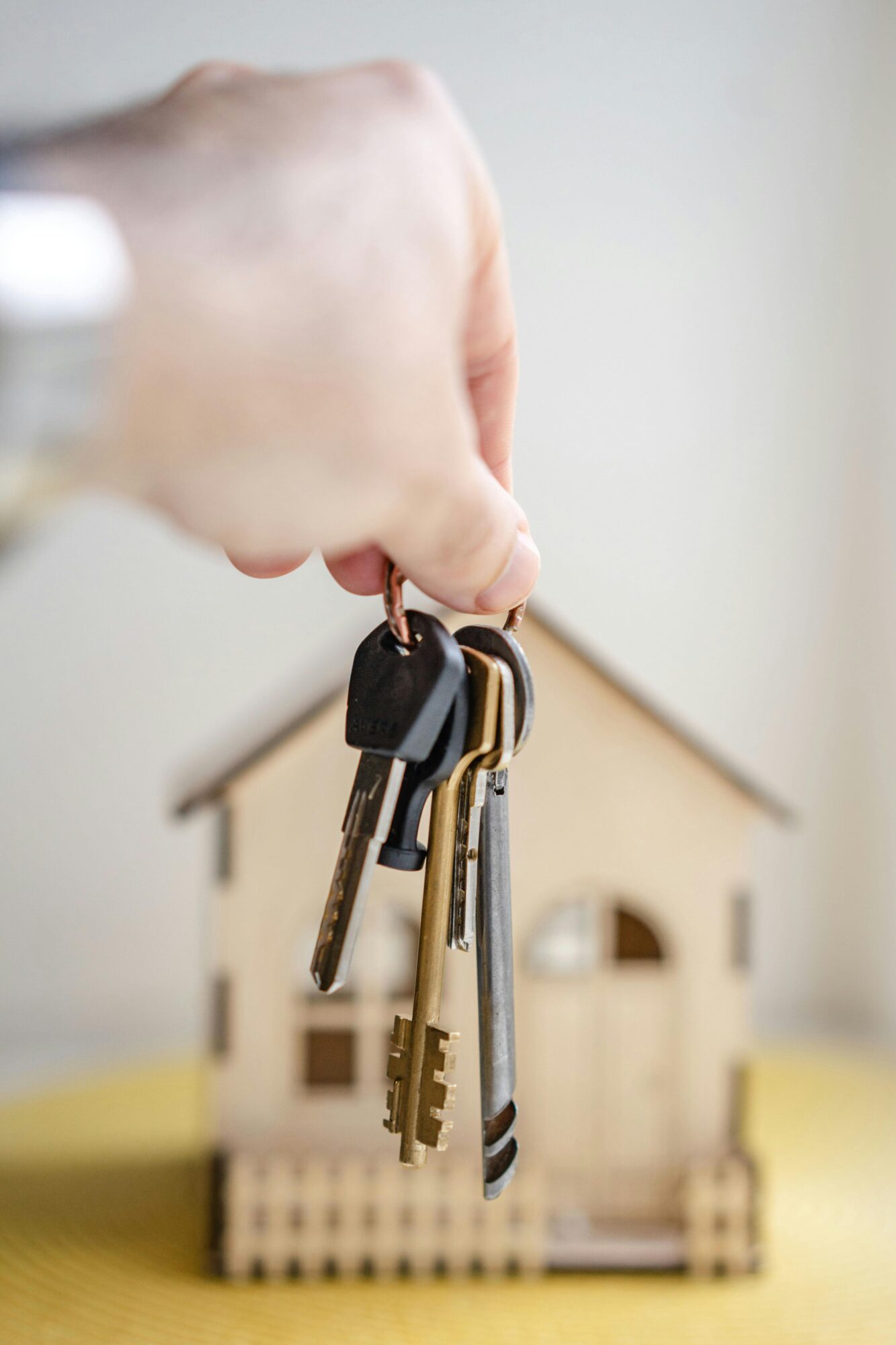
- Insights
The Dutch remote gambling market has seen several acquisitions over the past years, for example Entain and Betcity, Flutter Entertainment and Tombola, and Betsson and Goldrun. Further consolidation of the remote gambling market, but also the land-based arcade sector, is expected in light of current market developments such as higher tax rates, and tighter regulations. In our practice we often see buyers and sellers struggling to grasp the complex requirements surrounding acquisitions of Dutch licensed operators. Therefore, this publication explores the regulatory hurdles concerning acquisition and explains how to navigate them effectively.
This publication is a summary of the panel discussion between Frank Tolboom and Chris Adriaansz during the Gaming in Holland Conference on 5 June 2025 (see conference video below).
Acquisition process through a regulatory glass
Acquiring a Dutch gambling licence (national exploitation licence for land-based arcades, or remote gambling licence) is in principle only possible via acquisition of the licence holding entity. In other words; the buyer has to acquire the shares of the entity holding the Dutch licence. The licence cannot be individually transferred via e.g. an asset transfer.
Following the transfer of the shares, the licence holder will have to notify the Netherlands Gambling Authority. That notification will form the basis of a reliability assessment involving the reliability of the new shareholder. Please note that this is an ‘after the fact assessment’. The assessment takes place after the shares are transferred. The Dutch gambling regulatory framework has no regulatory pre-approval process as is common in various jurisdictions and across various sectors. However, such a pre-approval process may be implemented in the future by the Netherlands Gambling Authority.
The reliability assessment focusses on past wrongdoings of the new shareholder and persons and entities associated with the new shareholder. Importantly, the scope of the reliability assessment can be very broad and may involve hundreds or even a thousand different persons and companies. At the same time various exceptions and limitations apply to the amount of information that is requested for each person or entity.
The reliability assessment is not an approval as such. However, a positive assessment is required if the buyer wants to continue its involvement in the exploitation of the licence. A negative assessment could lead to a binding instruction from the Netherlands Gambling Authority to remove a certain person (e.g. director) or shareholder, and in a worst-case scenario to the loss of the licence.
On average the reliability assessment takes around 12 months following acquisition, although this heavily depends on the nature of the buyer (sole investor, private equity, or international group). Timelines can be significantly shortened by obtaining expert local counsel and performing proper due diligence. This can limit follow-up requests from the regulator during the assessment.
Key pitfalls
In practice we see buyers and sellers struggle with the specific requirements of the Dutch framework. The process in the Netherlands differs from what is commonly seen in other sectors and other jurisdictions. The following issues often arise:
- Struggles with the scope of the reliability assessment. Especially private equity firms and large corporate groups can struggle in identifying all persons and entities relevant to the assessment.
- Bad actors and previous unlicensed presence Dutch gambling market. The reliability assessment focusses on past wrongdoings. Sometimes it can be difficult to obtain precise information concerning wrongdoings. Especially when a person or entity has a relatively distant relationship to the buyer, or when a relationship ceased to exist. Antecedents can also lead to a negative assessment.
- Regulatory uncertainty. Buyers and sellers may struggle with uncertainty regarding their position during the length of the assessment (on average 12 months). This can influence the financing arrangements of the acquisition.
- Drafting a Share Purchase Agreement (SPA). Buyers and sellers may struggle with effectively covering the risks associated with the ‘after the fact’ assessment. Which party bears the risk of a negative assessment?
An example of an acquisition going wrong is the acquisition of Goldrun Casino (Holland Gaming Technology Ltd) by Betsson AB. Betsson decided to pull the plug on the acquisition deal almost 16 months after the transfer of the shares. Betsson stated that it had not received a positive reliability assessment by the agreed long-stop date. Betsson will pay a break fee to the seller, but both buyer and seller will have lost a significant amount of money and energy in an acquisition that eventually has to be reversed. This begs the question: How can aspiring buyers and sellers avoid a similar scenario unfolding?
Tips for the acquisition process
We have the following recommendations for aspiring buyers and sellers of Dutch gambling licences:
- The reliability assessment should be an integral part of the initial phase of the transaction process. Preferably, the reliability assessment is considered before ‘regular’ due diligence, price negotiations, and certainly before signing a SPA.
- Buyers and sellers should consider that there is a big difference between standard M&A and Dutch gambling market. Involvement from the compliance officer of the licence holder is recommended, so that any implications for authorisation can be identified
- Furthermore, buyers and sellers are advised to seek assistance from specialised local counsel. General M&A counsel is often insufficient as such counsel is not familiarised with the specificities of the Dutch process. Local counsel can prepare the regulatory notification, provide assistance during the reliability assessment, and offer advice on the text of the SPA.

